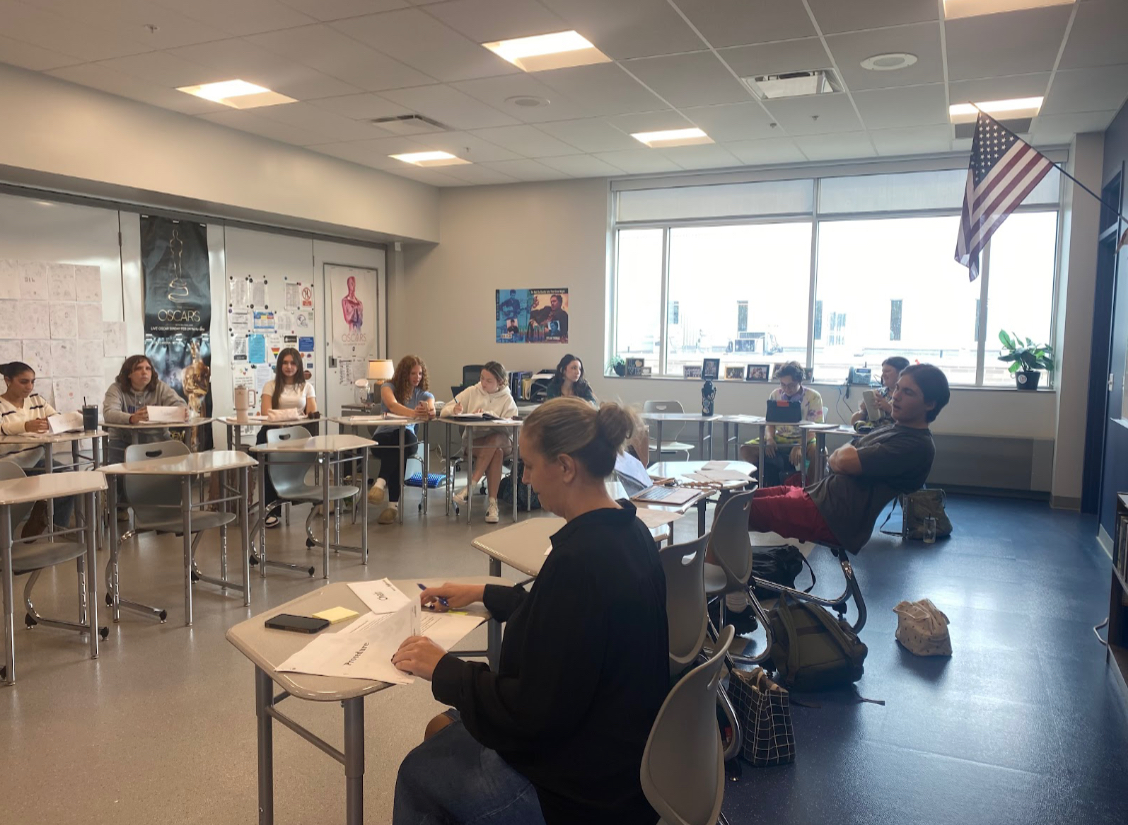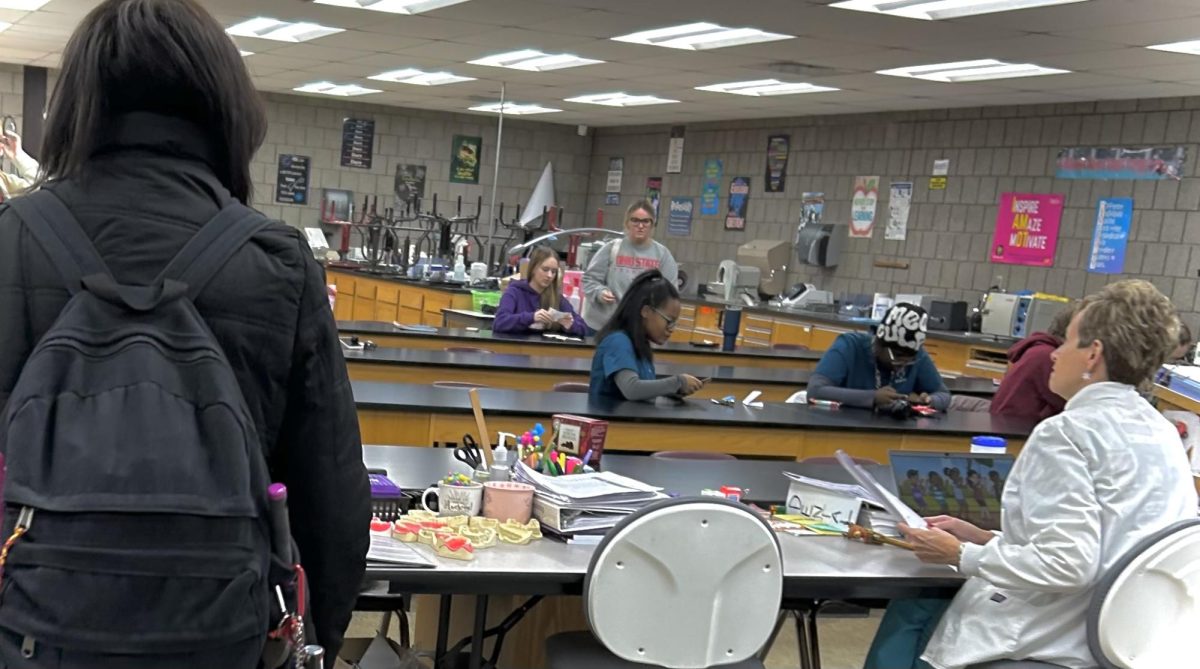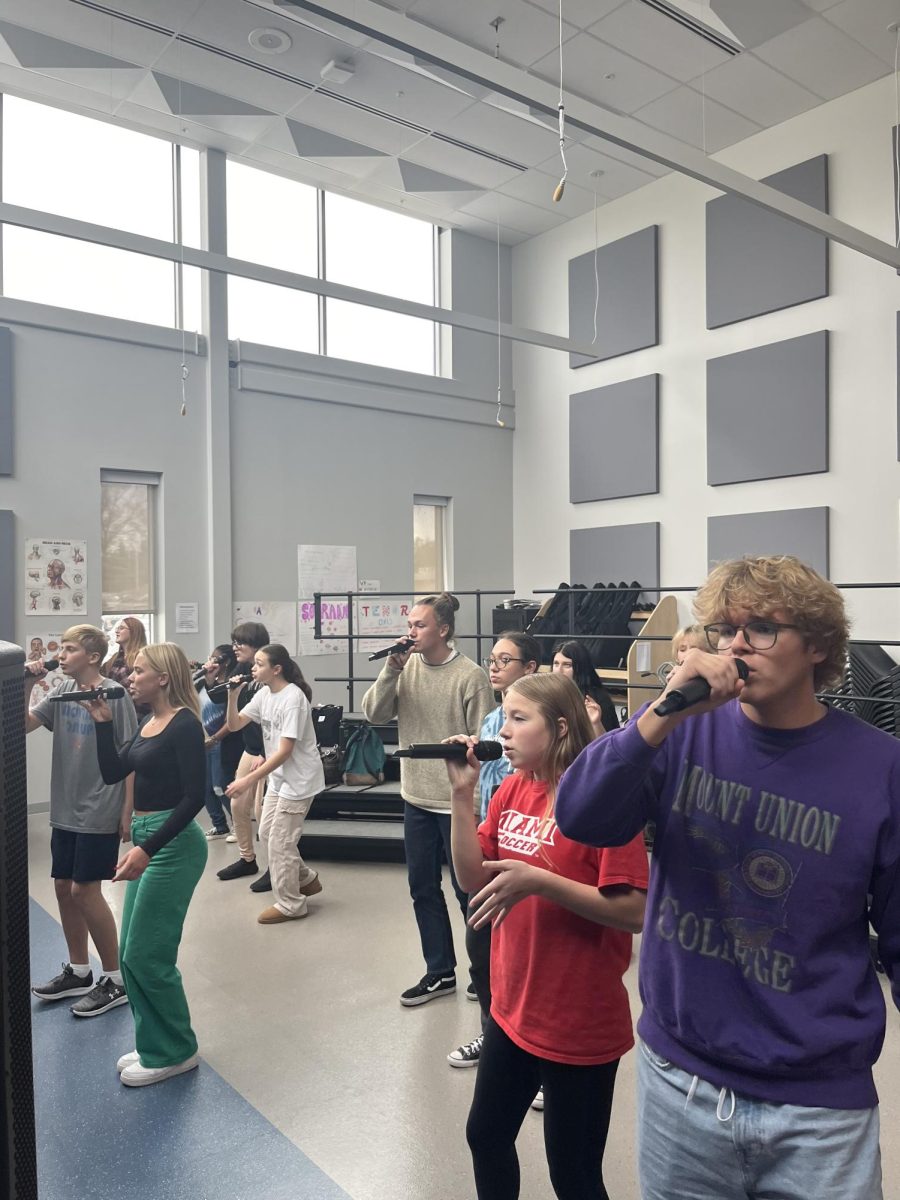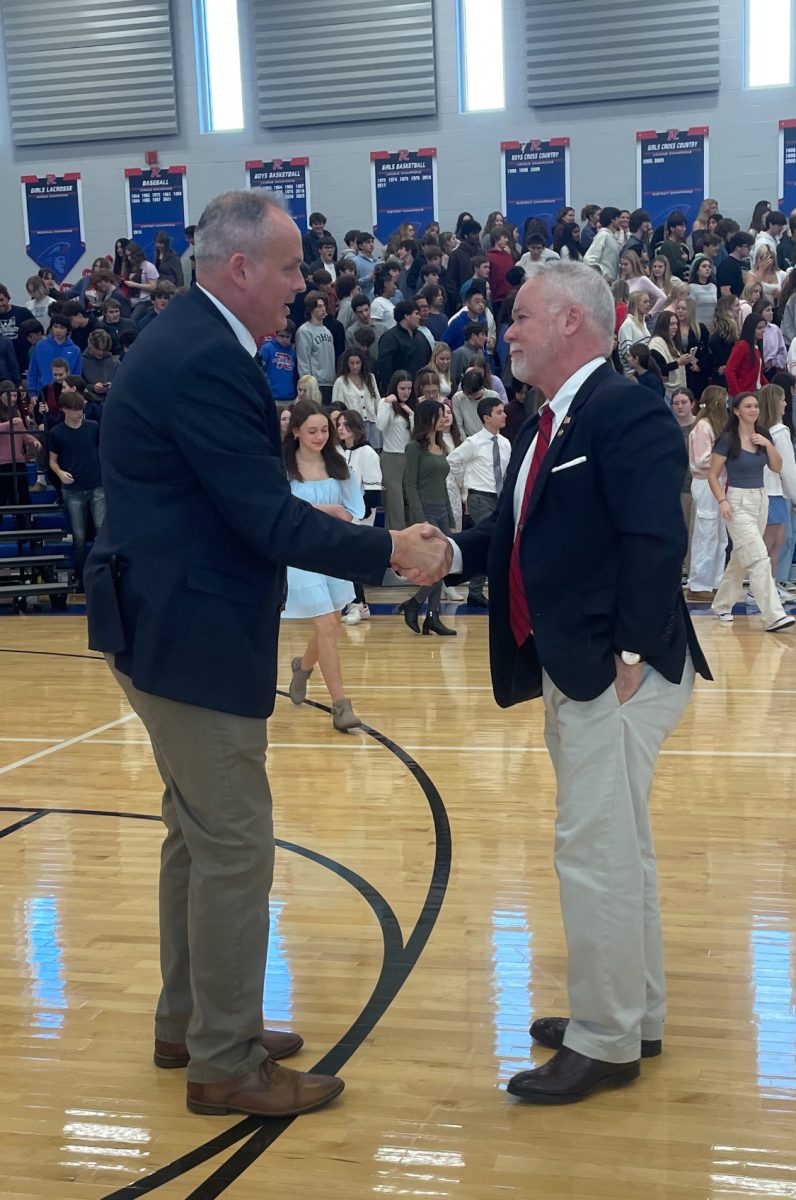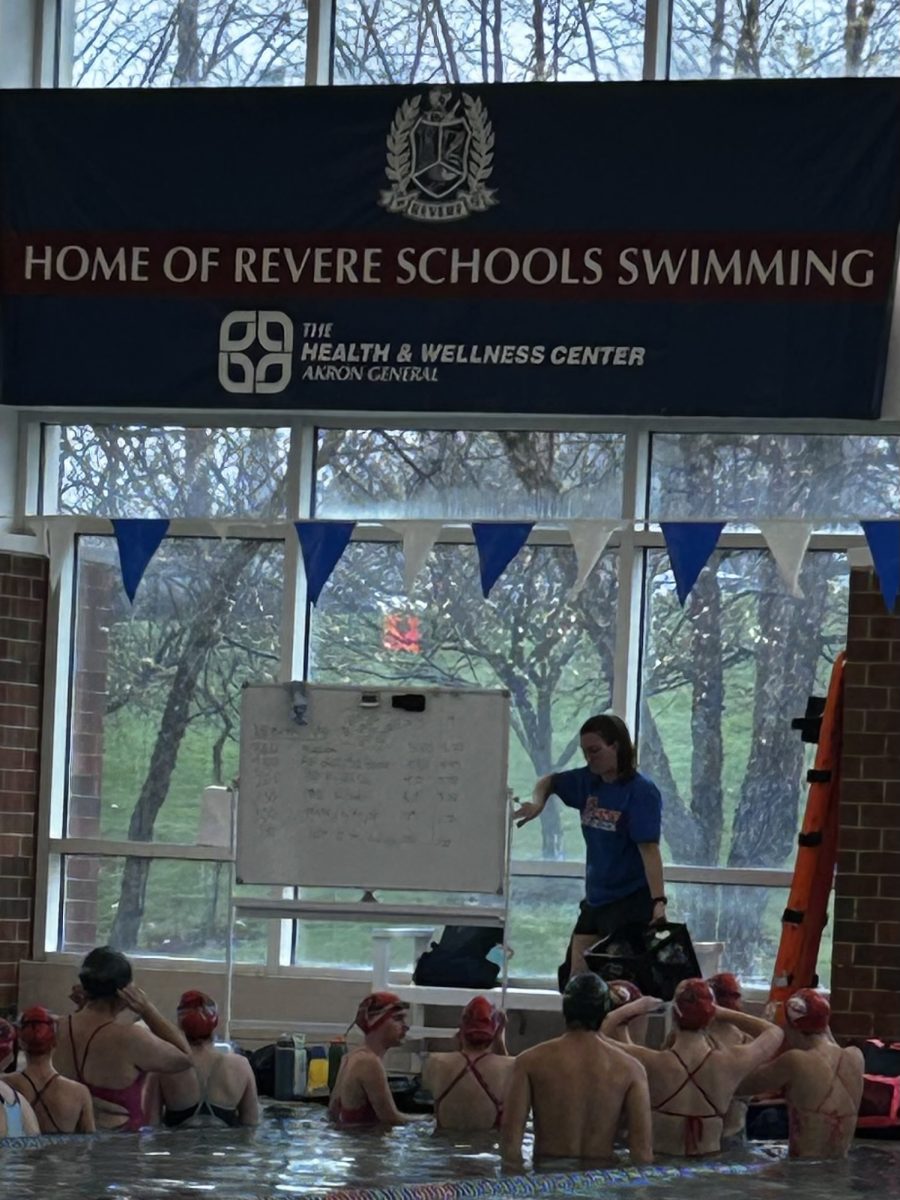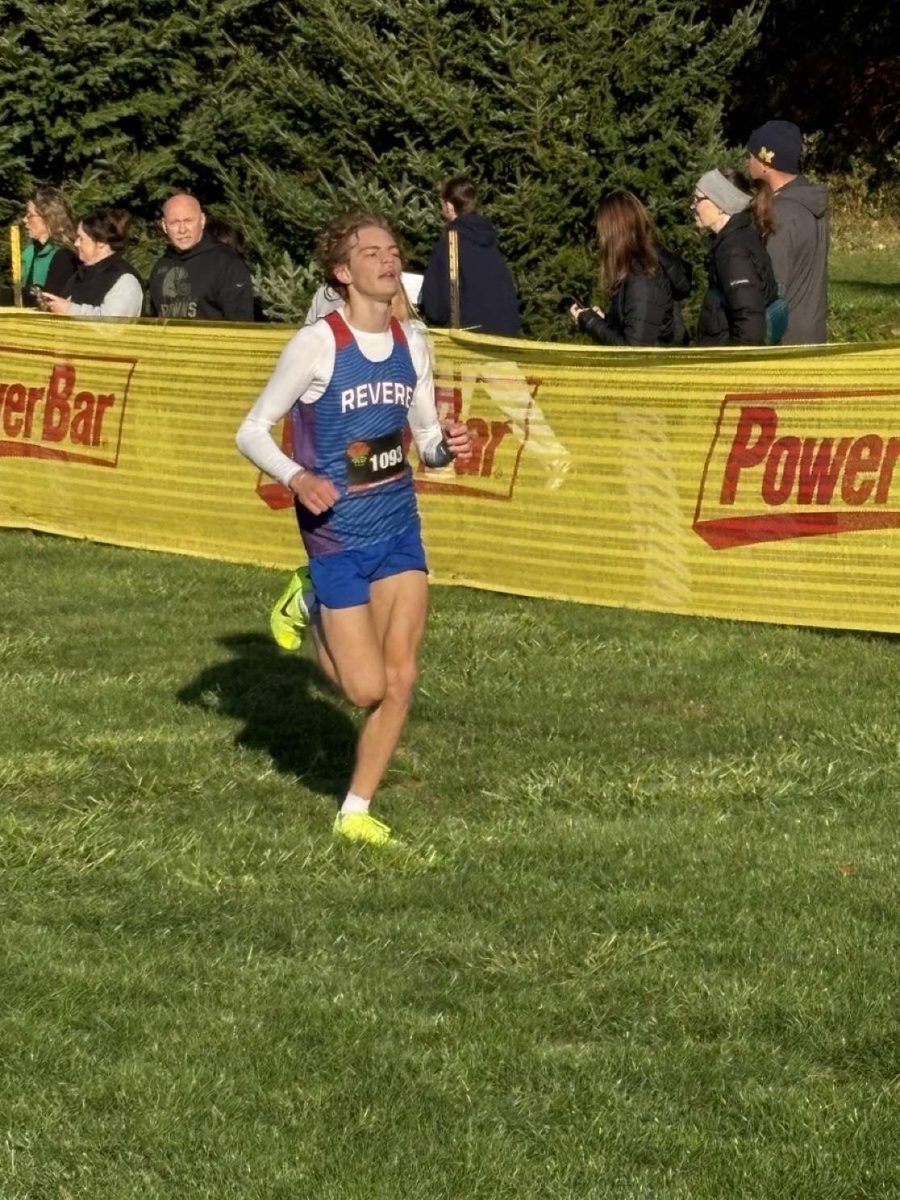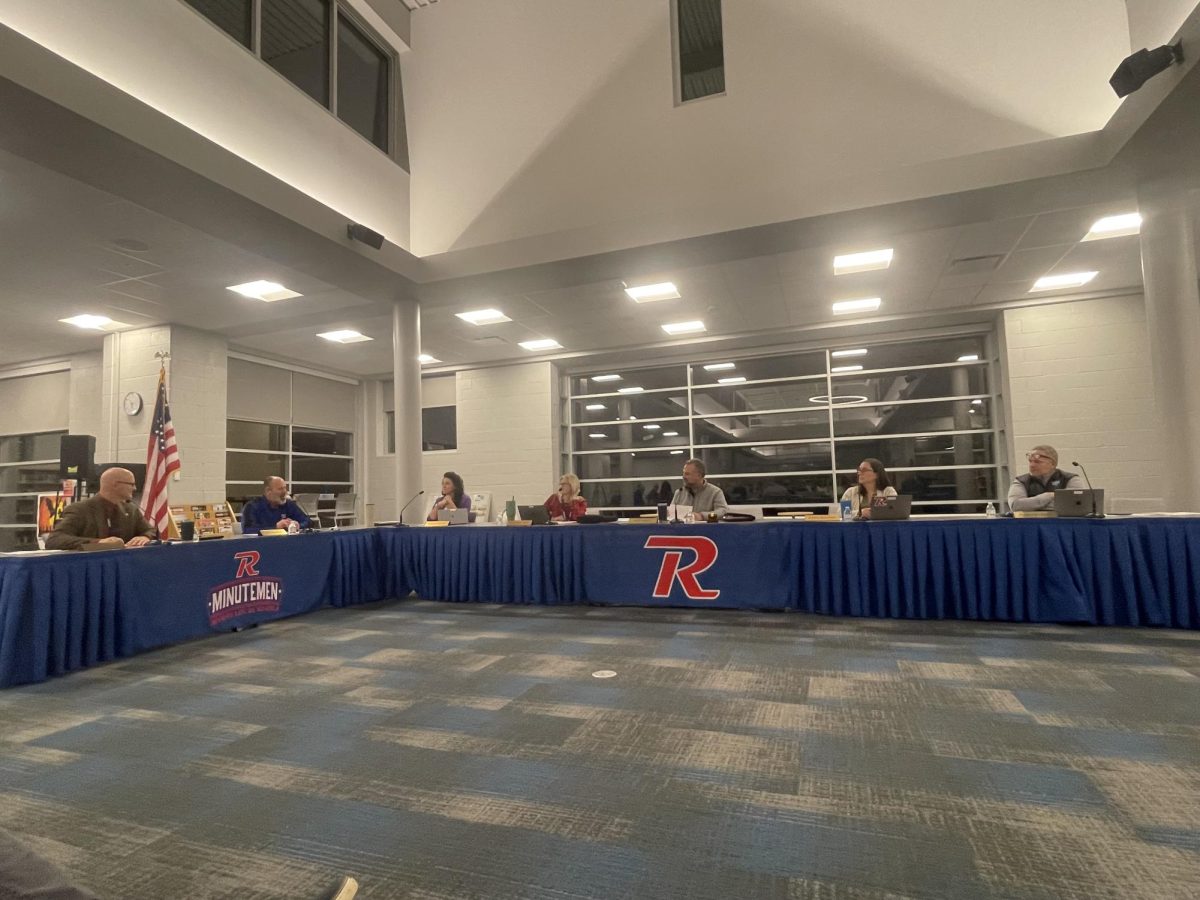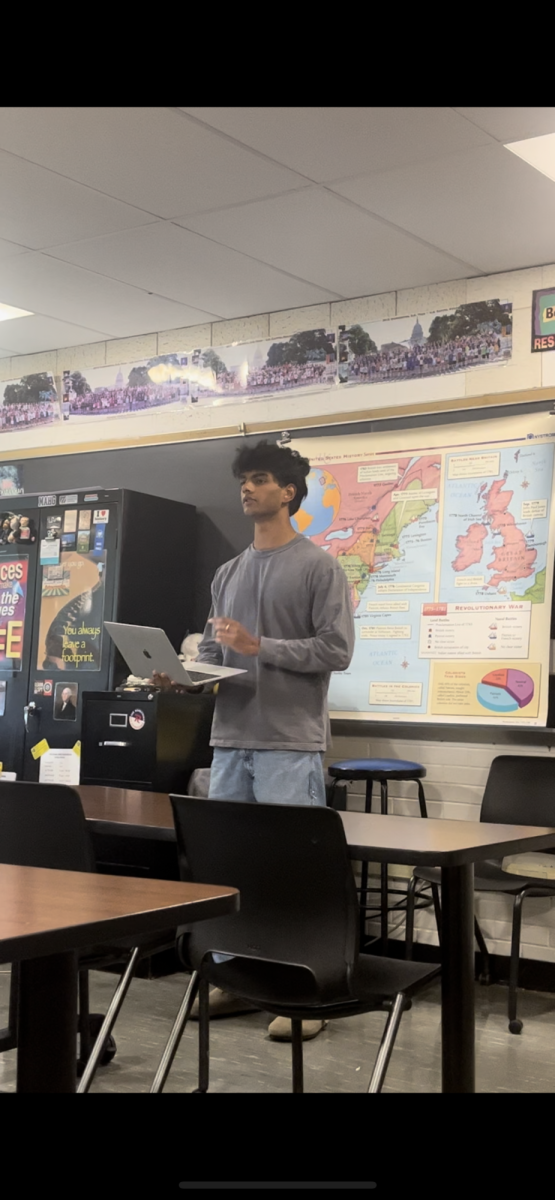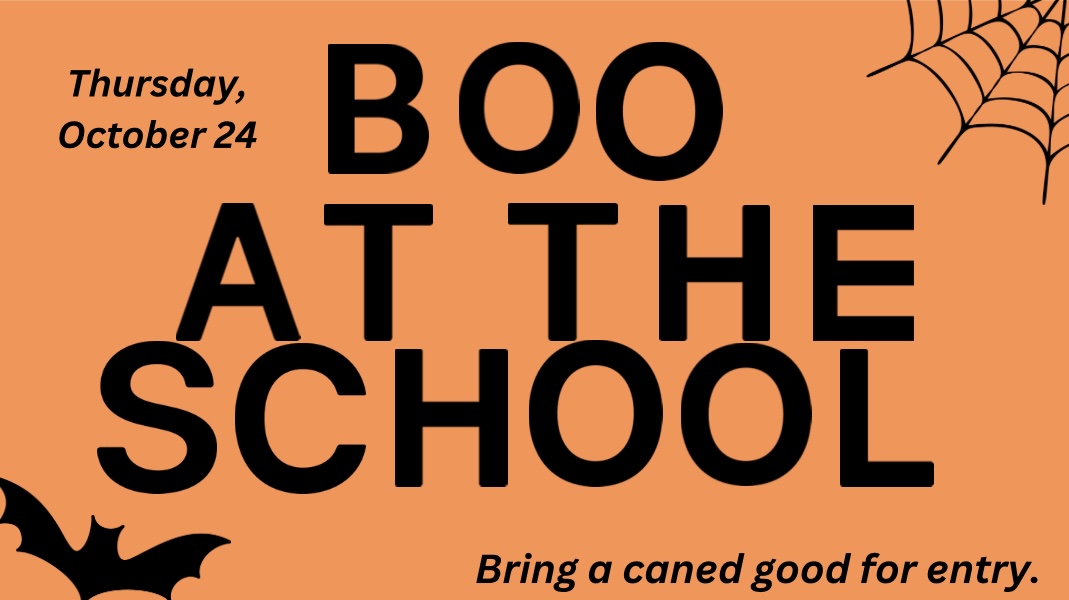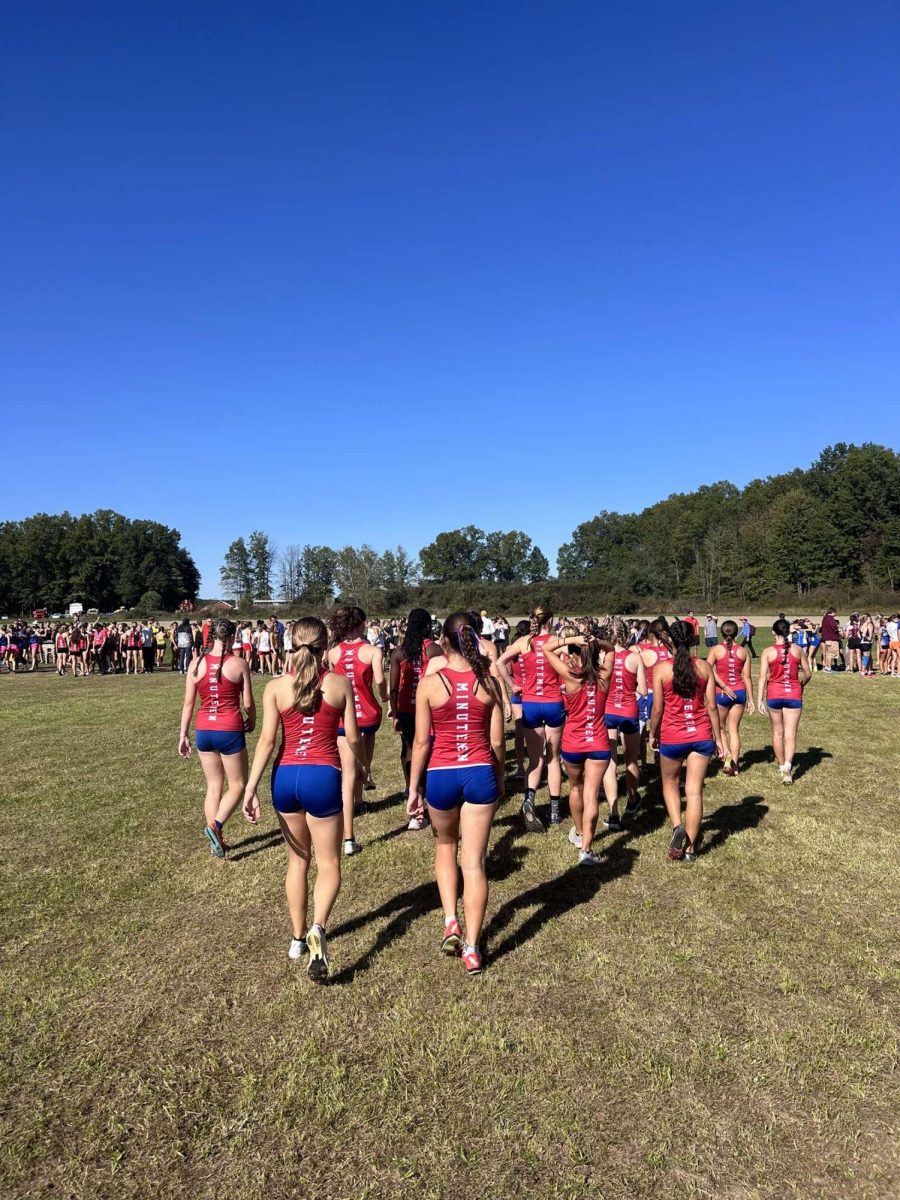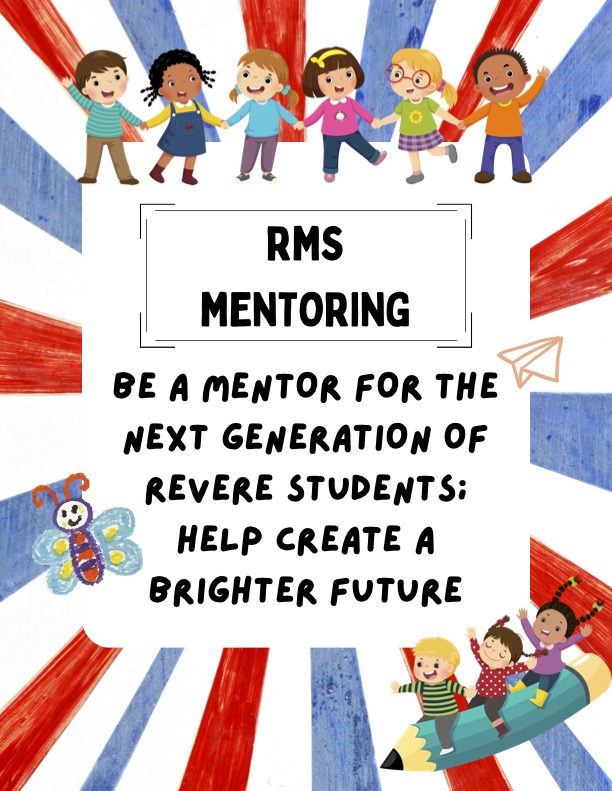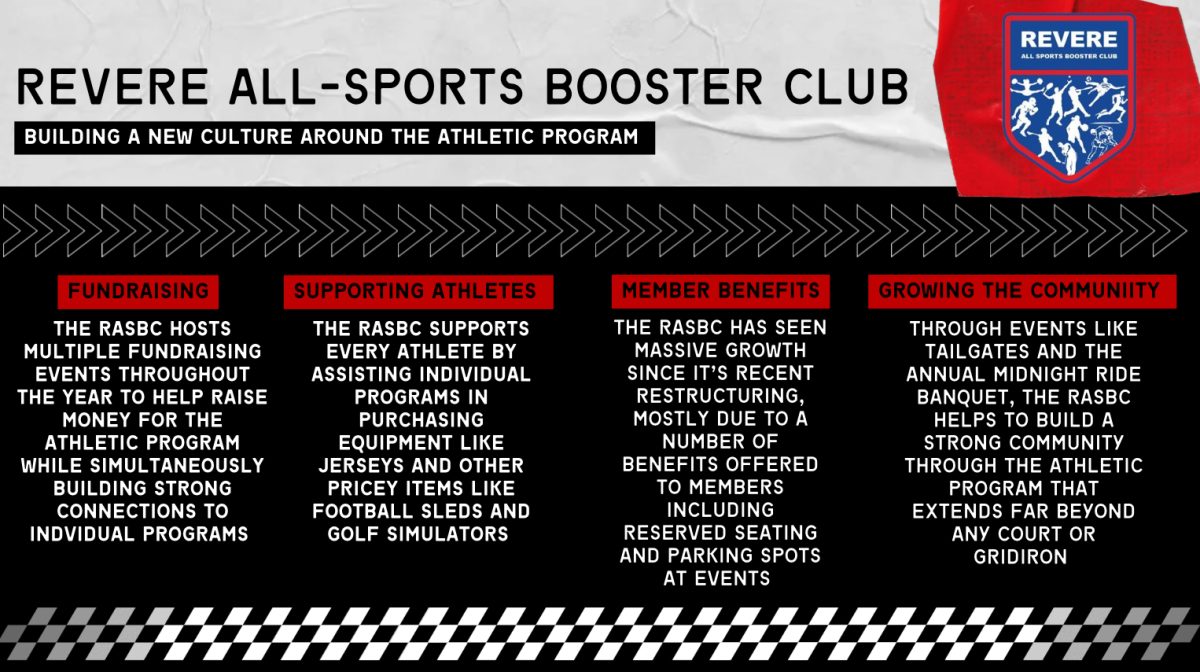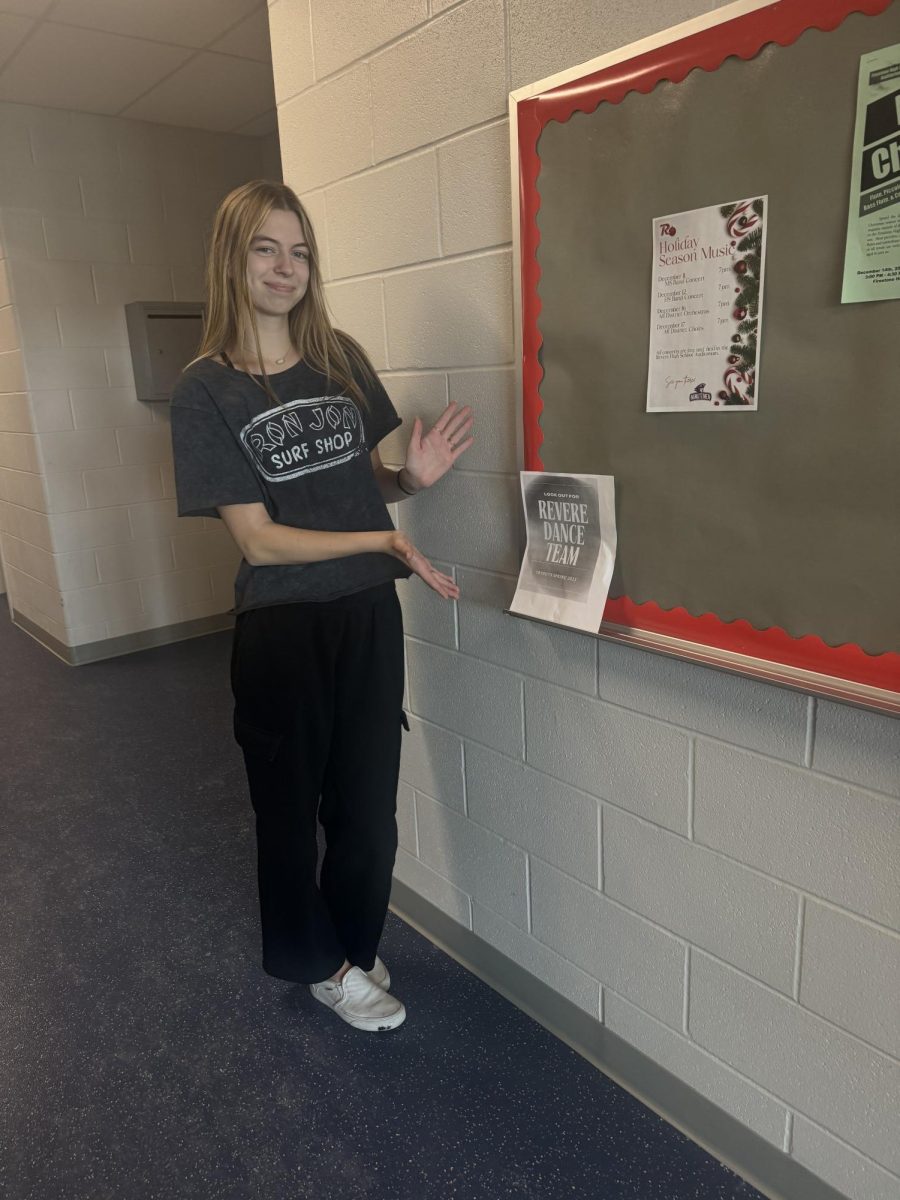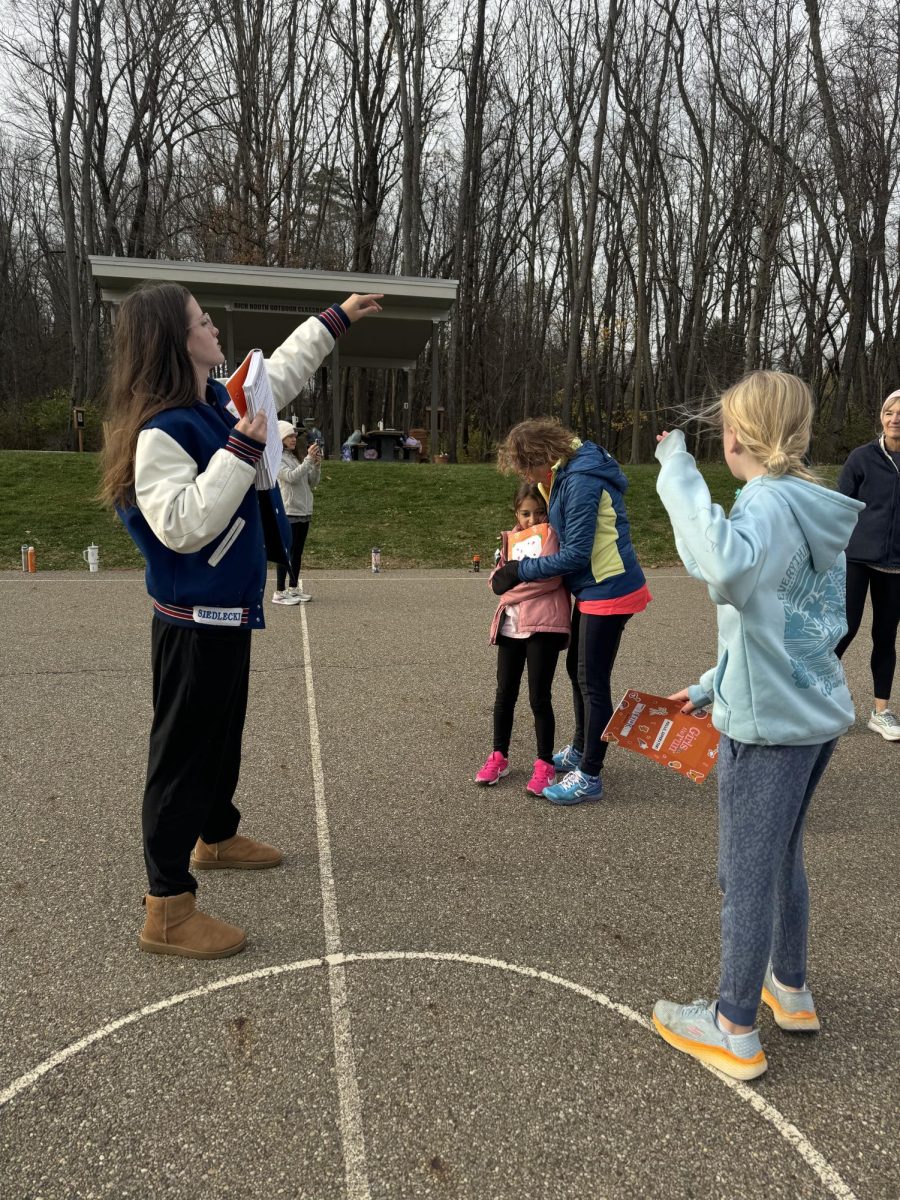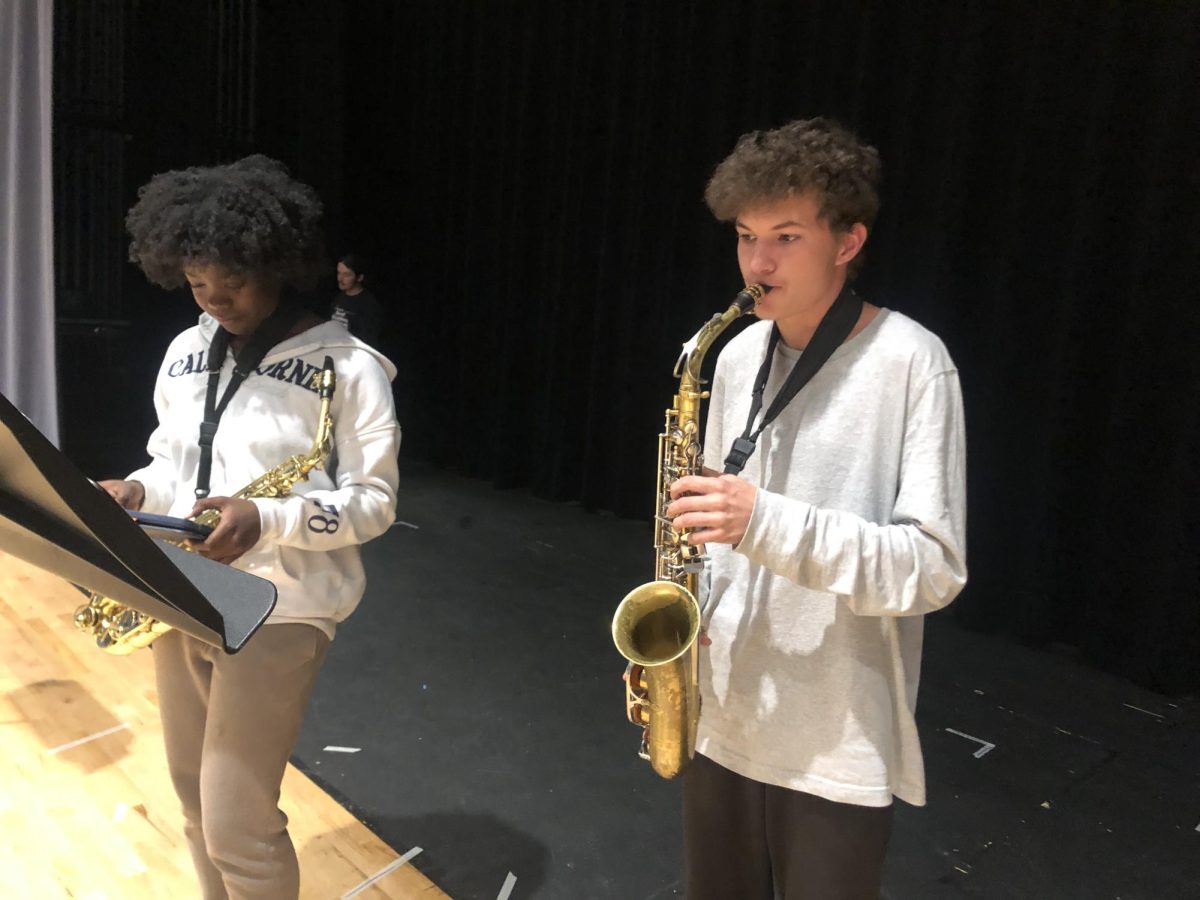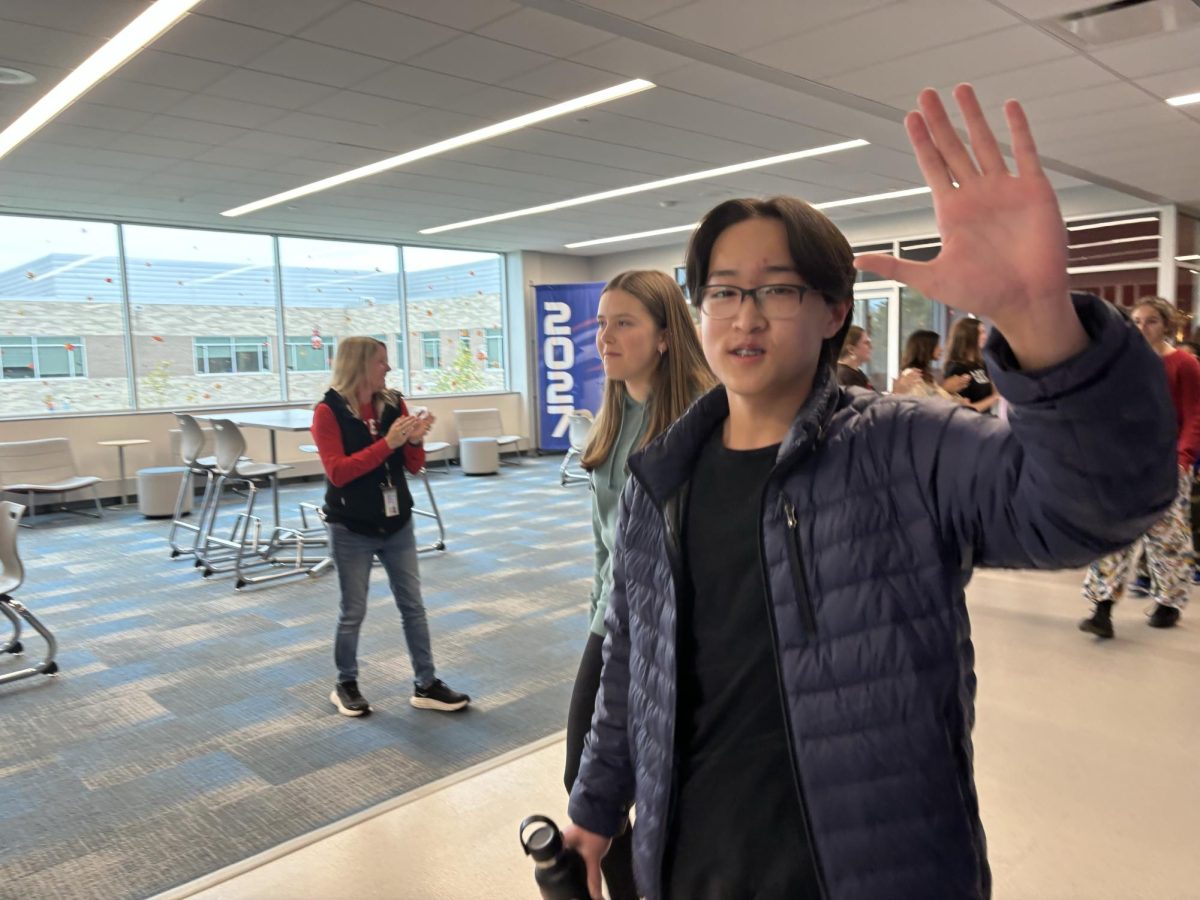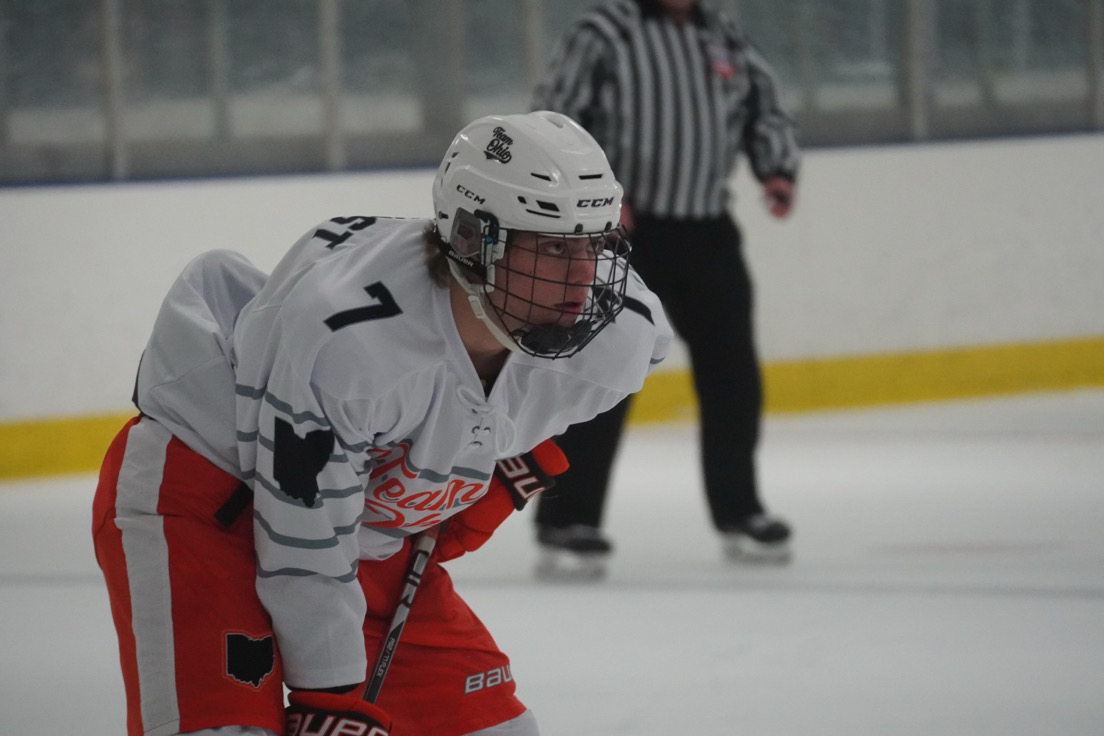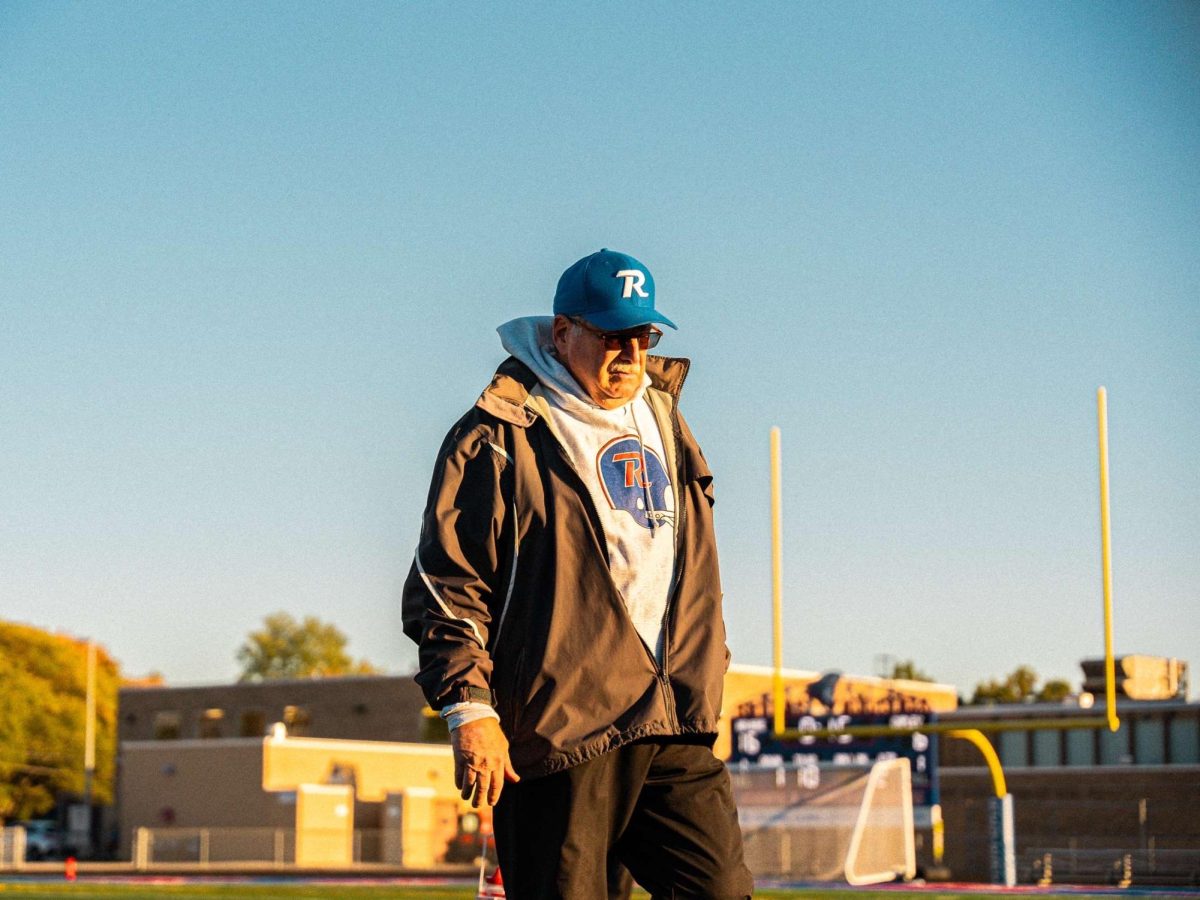With hopes of boosting membership, second-year members of Revere’s Model United Nations (Model UN) club hope to provide new problem-solving and social opportunities for students.
With some changes to the structure of the club, standing President Neha Yadavalli, who helps coordinate agendas for meetings as well as organize conference dates, highlighted the importance of encouragement in both practice and conference environments as a means of strengthening the team.
“It all comes down to instilling more confidence with your students. So that all kind of starts with practices . . . [and] making people feel heard . . . because when you encourage someone, that is a lot more effective in ensuring that they participate more,” Yadavalli said.
Beyond building confidence, senior member Sophia Eldridge reflected on other factors that make Model UN unique to other clubs offered at Revere.
“It’s a good outlet for students . . . because you get to meet a lot of other kids from a lot of other schools and lots of people from different walks of life. A lot of times you’re going to be with people who don’t have the same ideas as you, or don’t get along with you, and a big part of Model UN is that it’s competition and diplomacy,” Eldridge said.
Club adviser Leigh Haynam is confident in the ability of returning members, with a year of experience under their belts, to flex their newfound skills and guide new participants to success.
“Now we know what it’s like, and the student leaders will be able to train the new members with that background. They already know how fun it is—in particular crisis conferences— to be thrown curveballs right and left and to adjust. And I think that enthusiasm will also [help] for membership and engagement at the event,” Haynam said.
Yadavalli prioritizes active involvement of all members in both practice and event settings. She emphasizes the individuality of Model UN as an organization and the ability of conferences to help members improve on specific skills to support student engagement.
“There’s a lot of clubs out here to bolster political engagement, but that’s on a pretty local level. This kind of gets into national and international reach. Problem solving can also help with the real world . . . and it requires a lot of creativity, and it fuels creativity. . . . That’s the first step to solving problems. You have to be creative,” Yadavalli said.
Beyond problem-solving skills, Eldridge advocates that Model UN provides the opportunity for personal growth in the area of self-confidence.
“When you go up and you give those speeches and you kind of convince people to be on your side, it makes you feel good about yourself. It’s a great compassion booster. It makes you sure of your capabilities and sure of your knowledge. And it’s just a really positive experience for anyone that wants to do it,” Eldridge said.
Haynam is confident in the idea that conferences provide opportunities for self improvement and increased negotiation skills, giving any and all new members the ability to thrive in the program.
“It’s pretty easy to pick up the skills [by] simply going to a conference. . . . You can learn just from the experience and all personality types are also welcome, in the sense that you can go and be shy and reserved and yet get something out of it,” Haynam said.
Following Model UN’s inaugural year, Haynam emphasized the challenge of fitting events into member’s schedules to allow for increased opportunities for participation.
“The biggest challenge was that a number of the students who were interested were also in Speech and Debate. . . We don’t want students to be overextended. Given that it’s our second year, we already know the challenge of finding conferences when students are available [and] being proactive in finding them and being ready when conferences release the materials . . . so that we can go,” Haynam said.
Yadavalli explained some shifts in the structure of the club to further mediate scheduling conflicts.
“We found that doing it right after school was a little hectic for a lot of the students, so we kind of pivoted to a zoom practice every Wednesday. And that worked out really well,” Yadavalli said.
The overarching goal for the club moving forward is the ability to participate in more events and conferences. Haynam anticipates this to change the way the group has approached fundraising in the past.
“Because conferences can be expensive, . . . we found it difficult to raise funds, and we may have to go in other directions for how we pay for events. Perhaps with having the students involved provide the funds to attend,” Haynam said.
With Model UN’s current track record, Eldridge has high hopes for the future of the program.
“[When] we went to the Mentor conference, . . . we actually performed very well. I got Best Delegate, and then I believe two other students got runner-up delegates. So for a new club, that’s very good. . . . We’re also speaking about possibly doing an overnight trip. . . . I think that certainly could be in the works this year. It just seems like we have a lot more structure this year. It’s very exciting,” Eldridge said.
Model UN is currently set to go to a crisis conference in October.

